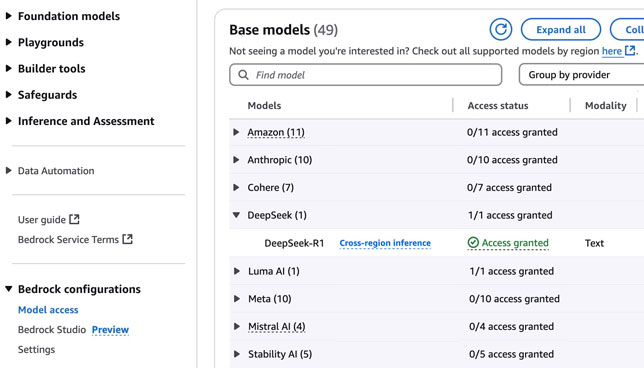
Google has announced it will acquire cloud security startup Wiz. If completed, the acquisition — an all-cash deal valued at $32 billion — would mark the largest in Google's history.

NVIDIA has introduced a new lineup of AI-powered computing solutions designed to accelerate enterprise workloads.

NVIDIA is establishing a research hub dedicated to advancing quantum computing through artificial intelligence (AI) and accelerated computing technologies.

Western Governors University is the first organization to join the Open edX project as a "mission-aligned organization" (MAO), a new category of institution-level partnership supporting development of the Open edX open source online learning platform.

Apple mobile device management company Jamf has announced the intent to acquire Identity Automation, a provider of identity and access management (IAM) solutions for K-12 and higher education.

Recent announcements from Google and Microsoft highlight a slough of AI capabilities for their search tools.

AI-powered data security company Cohesity has expanded its collaboration with Red Hat to enhance data protection and cyber resilience for Red Hat OpenShift Virtualization workloads.

A new report from 1EdTech Consortium outlines recommendations for creating microcredential programs in schools, colleges, and universities.

Amazon Web Services (AWS) has announced the availability of DeepSeek-R1 as a fully managed serverless AI model, enabling developers to build and deploy it without having to manage the underlying infrastructure.

AI hardware company Cerebras has teamed up with Hugging Face, the open source platform and community for machine learning, to integrate its inference capabilities into the Hugging Face Hub.